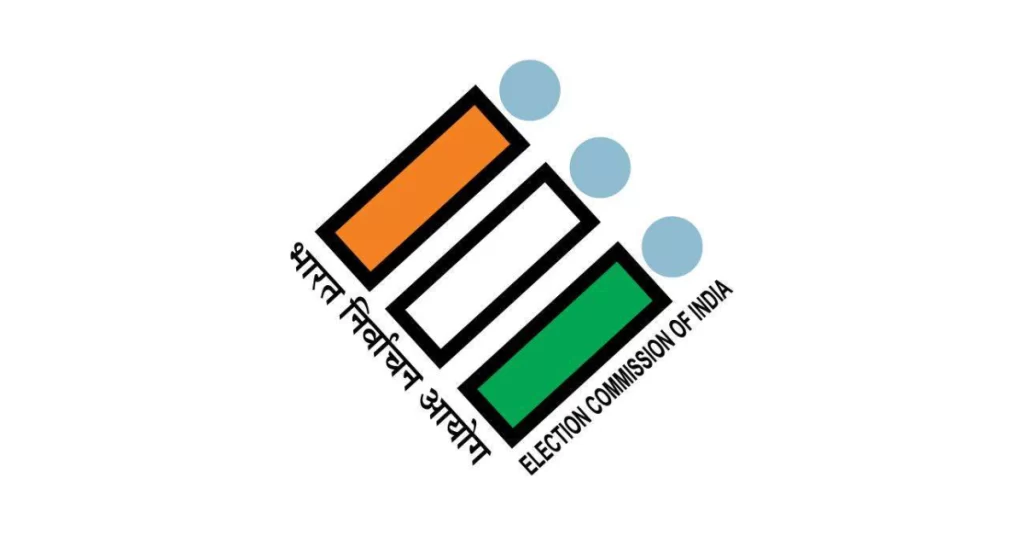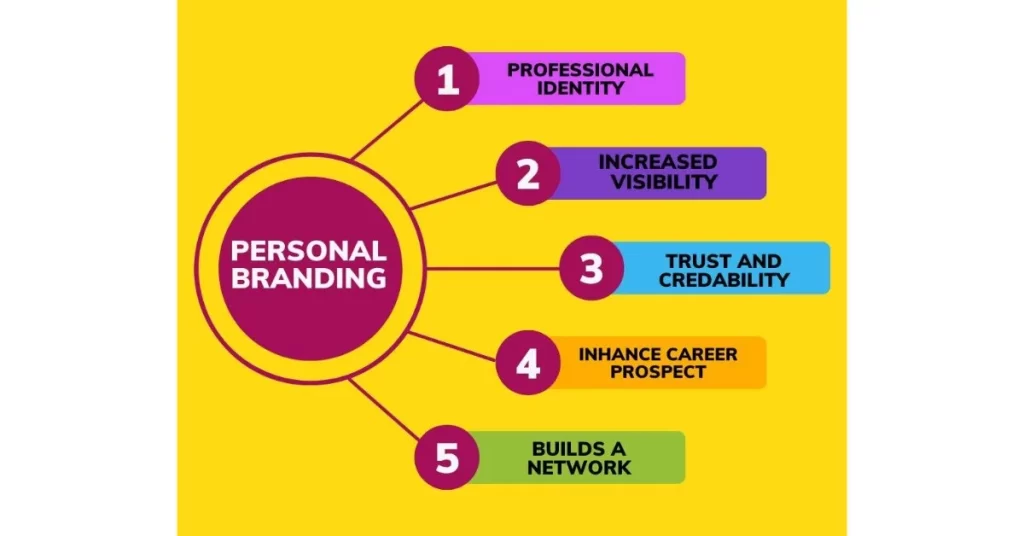Follow us on Youtube:
Notices have been sent by the Election Commission to JP Nadda and Mallikarjun Kharge, who are the party Presidents of BJP and Congress respectively. These notices serve as a warning regarding statements made in speeches and interviews by PM Modi, Rahul Gandhi, and Mallikarjun Kharge, which were deemed to violate the Model Code of Conduct.
What is model code of conduct?
The Model Code of Conduct, issued by the Election Commission of India, comprises guidelines for the behavior of political parties and candidates during elections. It covers various aspects such as speeches, meetings, manifestos, and general conduct. Developed through political party consensus, it facilitates the conduct of fair elections. Enforced upon the announcement of election schedules, it remains in effect until the electoral process concludes.
The seven sections of the model code of conduct, addressing general conduct, meetings, processions, the party in power, polling booths, polling days, and election manifestos, are included.
Key highlights of Model code of conduct:
- The MCC is a consensus document, with political parties having agreed to abide by its provisions and work within its framework during elections.
- Operationalization of the MCC begins from the announcement of the election schedule and extends until the declaration of results.
- During the period of the MCC being in force, restrictions are imposed on the government, prohibiting the announcement of financial grants, promises regarding infrastructure development, and ad hoc appointments in government or public undertakings.
- The MCC lacks any statutory backing.
- The adoption of a code of conduct for elections in 1960 marked Kerala as the first state to do so.
- In 1974, a formal Model Code of Conduct was released by the Election Commission of India, accompanied by the establishment of bureaucratic bodies at the district level for overseeing its implementation.

PM Modi's Remark:
During a speech in Rajasthan, Muslims were referred to by PM Modi, who claimed that if the Congress were to come to power, the nation's wealth could be distributed among "infiltrators" and "those who have more children". Allegations were made by complainants that these statements violated the MCC and Indian Penal Code sections related to hate speech.
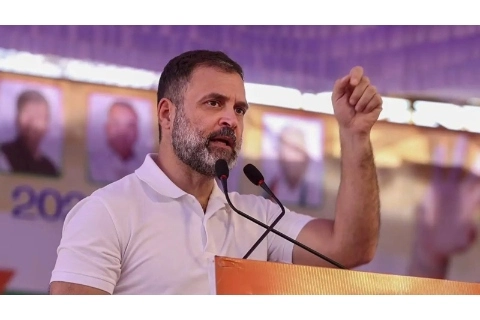
Rahul Gandhi's Remark:
Rahul Gandhi faced a complaint against him for making "false allegations" against the Prime Minister during a speech in Kottayam, Kerala on April 18. It was claimed by the BJP that Gandhi was attempting to "Create linguistic and cultural divide among the people of India for electoral gains".
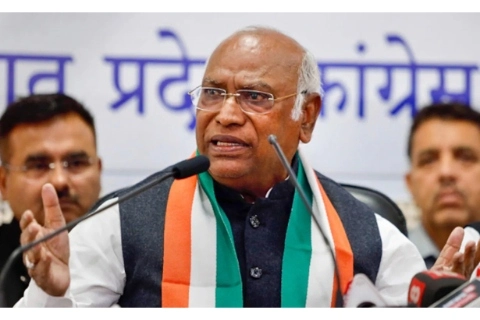
Mallikarjun's Remark:
During a speech in Rajasthan, Muslims were referred to by PM Modi, who claimed that if the Congress were to come to power, the nation's wealth could be distributed among "infiltrators" and "those who have more children". Allegations were made by complainants that these statements violated the MCC and Indian Penal Code sections related to hate speech.
New approach of EC to tackle model code of conduct violations:
The notices have been sent by the Election Commission to the party heads instead of the individual candidates. It has been underlined in the notice by the EC that individual star campaigners are responsible for their own speeches, and on a “case-by-case basis”, political parties may be held accountable by the EC for any violations of the Model Code of Conduct by their campaigners. The EC has asked for explanations from the party heads by 29th April, 2024.
Why is the party answerable to the mistakes made by individual candidates?
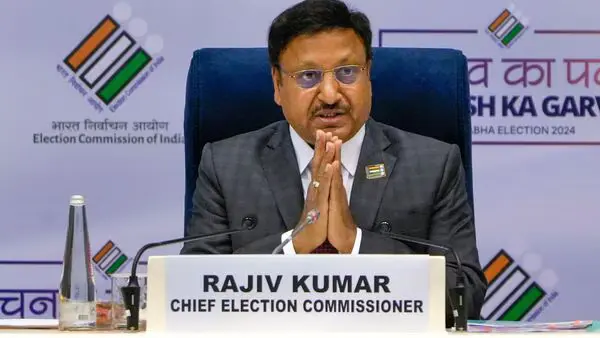
Questions have been raised by experts in this field, asking, "If the statements are made by the candidates, then why are the notices sent to the party?" Additionally, inquiries are being made about the extent of action the EC can take against individual leaders if a notice is issued to the party for their comments. It is also questioned what actions the EC would take if the party's response is deemed unsatisfactory. The EC officials responded by stating that these notices are part of their "calibrated approach" announced by Chief Election Commissioner Rajiv Kumar during his press conference on March 16, where tough actions would be taken against campaigners who are "repeat offenders".
Previous violations by Star campaigners of major political parties:
Sonia Gandhi in the 2007 Gujarat assembly election, Modi in 2014 and Amit Shah in 2014 all were issued with direct notices by the election commission for violating Model Code of Conduct.

